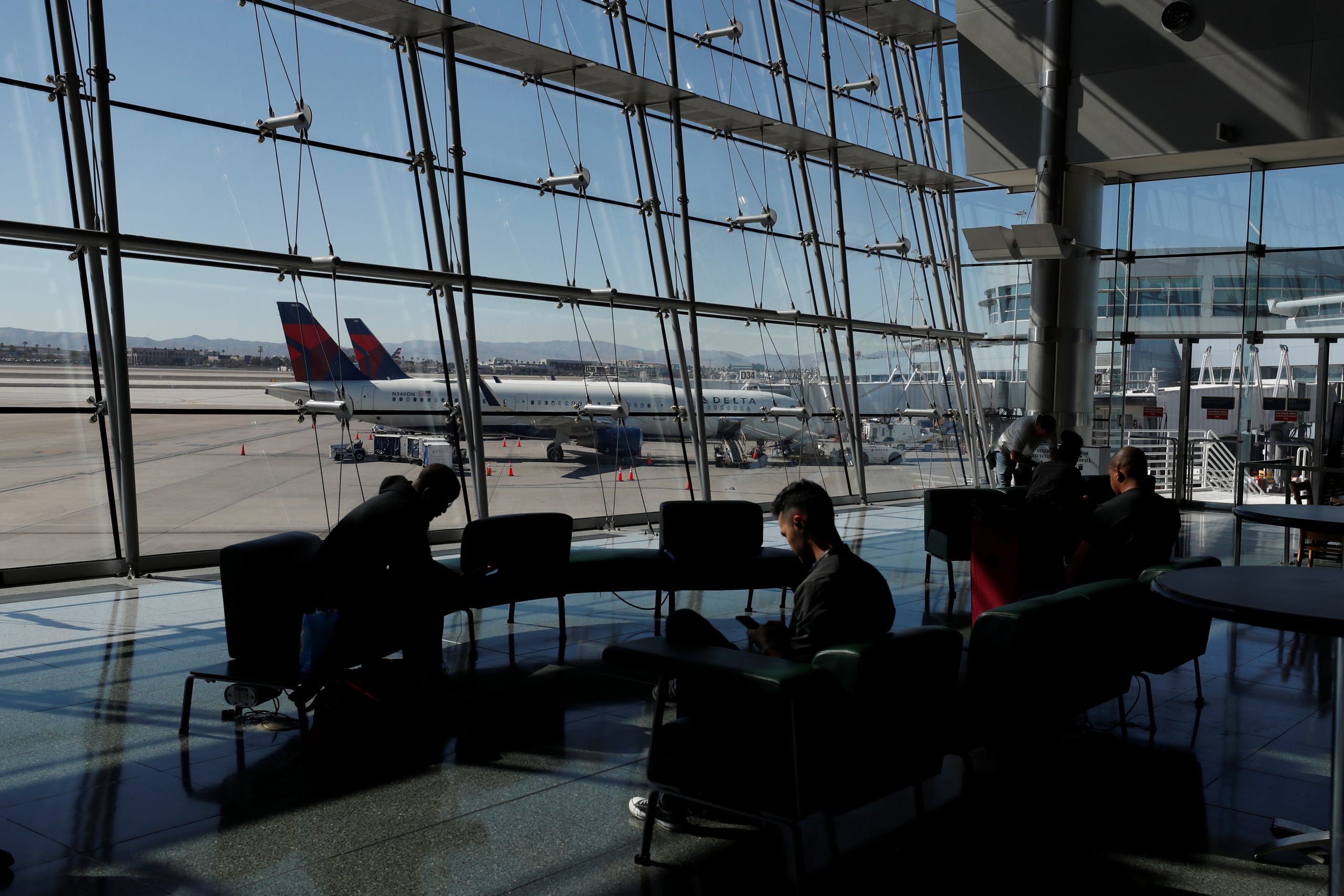The Federal Aviation Administration is currently investigating almost 5,000 pilots who pose what it terms “potential risks to the flying public.”
A report from The Washington Post said the FAA’s Office of Aerospace Medicine budgeted $3.6 million last year for the investigation.
The Post report said the pilots in question are veterans who are collecting money for conditions that might make them unfit for flying while reporting to the FAA that they are in fine shape for the task.
The Office of Veterans Affairs first stumbled upon the issue more than two years ago, but the investigation was not disclosed until now.
About 600 of the pilots involved fly for passenger airlines, the Post reported, citing “a senior U.S. official familiar with the matter who spoke on the condition of anonymity to discuss an ongoing case.” Others either fly private planes, cargo flights or work for tour companies.
According to the report, about 60 pilots have been grounded as a result of the FAA investigations.
“Experts said that the inquiry has exposed long-standing vulnerabilities in the FAA’s medical system for screening pilots and that the sheer number of unreported health problems presents a risk to aviation safety,” the Post wrote, noting that the FAA largely relies on pilots to self-report health issues.
Mitchell Garber, former chief medical officer for the National Transportation Safety Board, said the self-reporting policy has its risks, noting “falsification or failure to disclose important medical information may put the safety of the pilot and their passengers at greater risk.”
FAA spokesman Matthew Lehner said it is looking at 4,800 pilots “who might have submitted incorrect or false information as part of their medical applications.”
“The FAA used a risk-based approach to identify veterans whose medical conditions posed the greatest risk to safety and instructed them to cease flying while the agency reviews their cases,” Lehner said. “The vast majority of these pilots may continue to operate safely while we complete the reconciliation process.”
“There are people out there who I think are trying to play both sides of the game,” said Jerome Limoge, an aviation medical examiner in Colorado Springs. “They’re being encouraged by VA to claim everything.”
The game could pose the danger of prosecution. At least 10 pilots have been prosecuted since 2018 on charges of keeping their benefits a secret while flying.
Pilot medical issues caused 9 percent of fatal aviation accidents between 2012 and 2022, according to the National Transportation Safety Board.
Pilots have died in mid-air, as was the case of a Latam Airlines pilot who died on a flight from Miami to Chile earlier this month, according to the New York Post. In March, as noted by The Washington Post, a pilot on a Southwest plane “fainted” while the plane was in the air.
Some pilots say the crackdown on veterans is unfair, the Post reported.
“If they’re going to shine a light on veterans, they need to shine a light everywhere,” said grounded pilot Rick Mangini, 52, who once flew for the Army.
“I know of a lot of pilots who have told me about [medical conditions] they aren’t telling the FAA about,” he said. “What they’re doing to veterans? That’s the definition of harassment.”
Some disability claims are inflated, one former pilot said.
“They’re throwing spaghetti at the wall to see what sticks,” said Keith Roxo, a former Navy fighter pilot who is the director of operations for the aviation medical consulting firm Wingman Med. “And you know what sticks? Almost everything. It’s, ‘Get what you can. Disability is supposed to compensate you for your suffering.’”
Some disabilities noted by the VA “are just disabilities on paper,” he said.
This article appeared originally on The Western Journal.

























 Continue with Google
Continue with Google